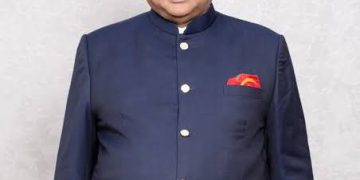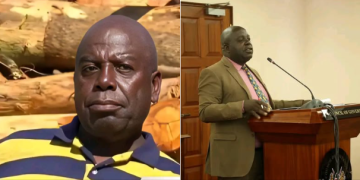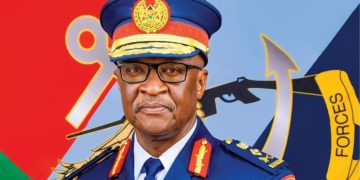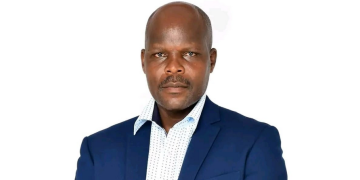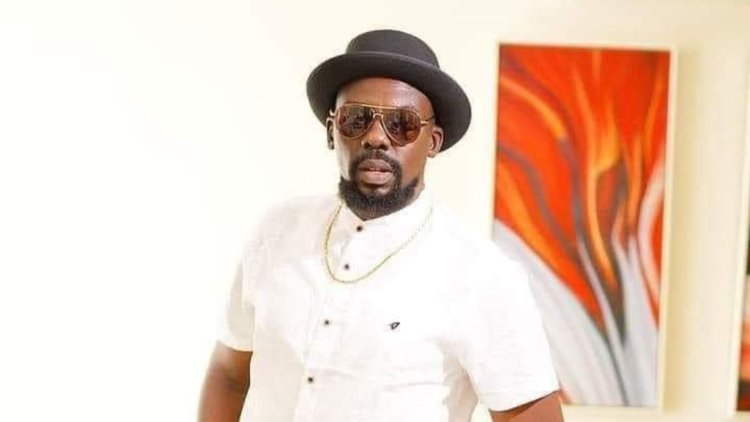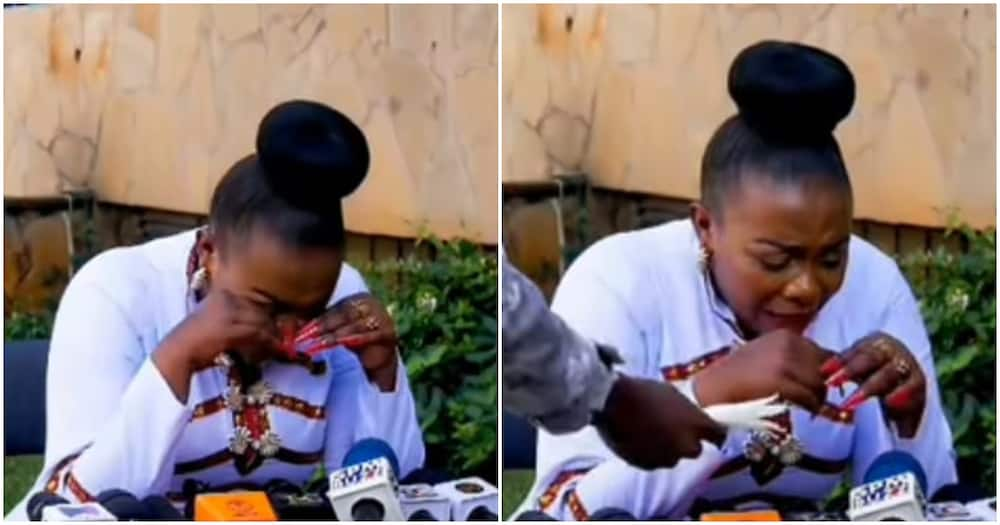Senior anchor and reporter at Citizen TV Trevor Ombija has opened up on his humble upbringing with his father who was working as a teacher in the village and his high school education at Anding’o Opanga Secondary School, in Nyakach, Kisumu County.
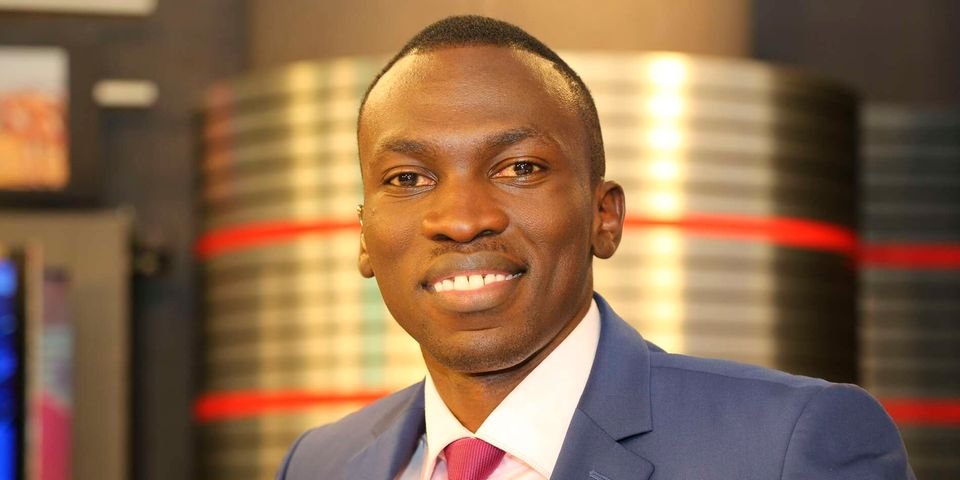
In an interview with Kenyans.co.ke, he detailed his journey in journalism and how he handles his work at Citizen TV.
While pursuing his journalism degree at the University of Nairobi, he was approached by China Central Television Africa (CCTV) bureau, now CGTN as an intern in 2012.
He later ventured into radio news at Nation FM which was at the time called Easy FM where he spent a year. Trevor later moved to NTV in 2014 where he was a senior anchor and reporter. In 2018, he was made an associate producer.
At this point, when there was a lot of poaching amongst media houses, he decided to move to Citizen TV.
“I had been at NTV for a while and decided it was time to try a new challenge. They (Citizen TV) were number one at the time and I figured it would be a good time to jump into a small fish pond with sharks. All the biggest names were there and wanted to see if I could compare to them,” he stated.
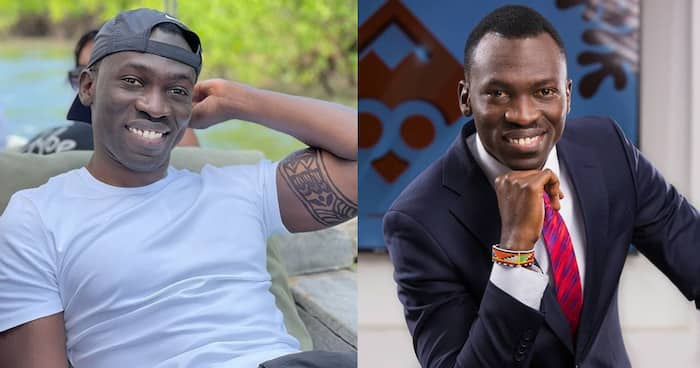
At Citizen TV, Trevor hosts four shows which is the most for an anchor at the station.
On Monday, he has the Monday Special Report and later in the week he switches to the morning shows with Wednesday’s Daybreak where he holds discussions on the civil society, media and issues affecting the common mwananchi. On Thursdays, he hosts Bulls and Bear which is a business show and also does Friday’s Social Square which focusses on the youth and issues that they face.
Trevor revealed that the key to a good interview is to have background information by carrying out research.
“The first thing is to size up the person you are going to talk to with the previous interviews they have done to know what kind of interviewer they are. Are they the abrasive kind to evade questions, take too long to answer questions, are they going demean you in the process?
“Research takes up the most time, having background information and coming up with questions, run them by your producer and editors,” he added.
The senior anchor revealed that he’s had his fair share of challenges when conducting interviews, especially when dealing with abrasive individuals.
“The most difficult person I’ve interviewed is Miguna Miguna as he is very arrogant and he will tell you things are borderline condescending on live TV. Police Spokesperson Charles Owino can be very rough and he is the kind who questions you when you pose a question,” he stated.
In such interactions, Trevor revealed that he tries to keep a bold face even though deep down he’s upset or jittery.
“I don’t like my interviews to be noisy because such confrontations are devoid of substance. I’m intentional in interviews where I know which questions I will pursue but not the drama of it all. I barely have shouting matches,” he added.
Trevor further revealed that his work hadn’t received any recognition since he began his career, adding that it is a personal choice.
“I deliberately don’t enter my stories for competitions. When I joined media I wanted to be the voice of the people not really for recognition. I’ve only entered one of my stories for a competition that did not win.
“I don’t think it is wrong for journalists to enter their works for awards, I’m just not from the same school of thought. It is a personal decision. That said, I respect people who get awards,” he added.
If he had a chance, Trevor revealed that he would advise his younger self not to worry about what people think, but rather live and as long as he gets the satisfaction.
“Live, love. laugh, fall, stand again and walk with your head held high. I live by three quotes; The essence of courage does not mean that your heart doesn’t quake but nobody should know it does; No wind favours he who has no direction; Be still and know that I am God,” he elucidated.
Trevor believes that the media landscape will result in having very many journalists, with the type of content being the differentiating factor.
“Everyone has a camera, everyone can record something, and every single person will have their own platform to hold a conversation with a niche of people who are interested. People are consuming different conversations from different platforms. Unfortunately, the truth will be very subjective,” he noted.


